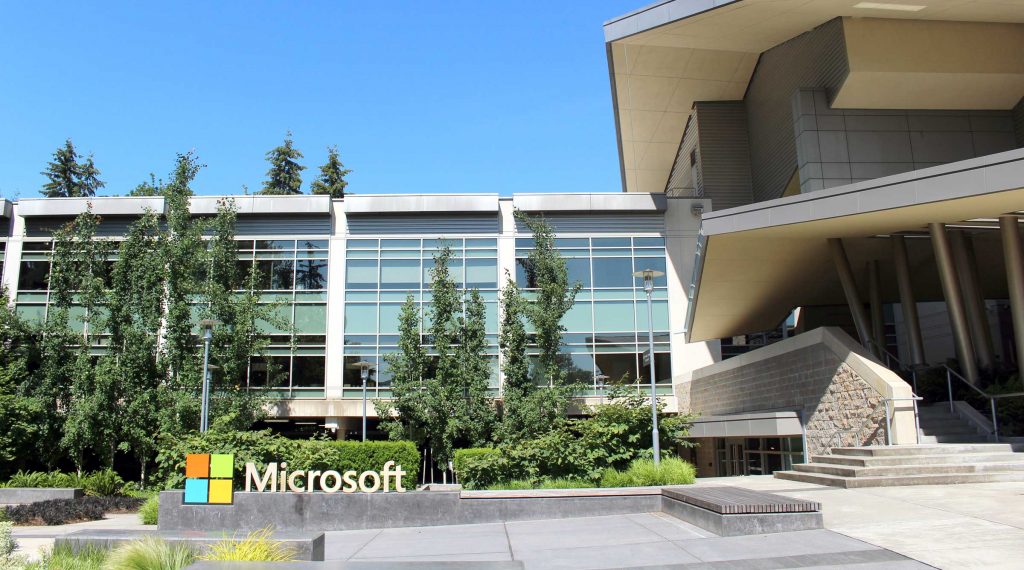The Unexpected Impact of Remote Work
If you’re working remotely you understand that everything about your work day has changed. Sure, there are the obvious differences: online meetings, no commutes, less travel. But other, less tangible differences lurk in the shadows. Things that we can’t quite put our finger on.
That’s where Microsoft Workplace Analytics helps. The tool, built into Office 365, works in the background as you work. It analyzes email activity, meeting culture, organizational agility, information flows, and even work-life balance.

It should come as no surprise that the Workplace Analytics team at Microsoft is having a field day with the insights and data they’ve gathered the past few months. By using their own tool to analyze their own team, they’ve gained insight into the very nature of work during a global pandemic.
I encourage you to read the entire report. But if you’re short on time, here’s a summary:
When driven by employees, entrenched norms can change quickly. Specifically, Microsoft researchers discovered that meetings became shorter, even as total meeting time increased by about 10%.
Managers get soaked, but they also carry the life preservers. Meaning that managers are bearing the brunt of remote work as they double their efforts to stay connected to their teams. But they’re also buffering employees against the worst of the remote work impact.
It doesn’t take much for workplace culture to start to shift. Our days have become fragmented, and the distinction between “at work” and “not at work” has largely disappeared. We’ve adapted to a flexible schedule where we work longer days, but with more personal breaks throughout the day.
Human connection matters a lot, and people find a way to get it. As much as people dislike meetings, they’re adding more to their calendars rather than lose connections with coworkers. Essentially, we’re scheduling water cooler time.
…
Of course, this data is specific to a single, 350-person team at Microsoft. Your mileage may vary, as they say. But there’s no doubt that the workplace has changed. Probably permanently. And I suspect many of these observations ring true for you. They did for me.
When Sprinklr first closed their offices in mid-March, we expected the closure to last a few weeks. Then, a few months. Now… who knows? Moving forward we’ll need to keep close tabs on our work habits, and how they’re impacting our productivity, our time management, and our mental health. We have a rare opportunity to reimagine the workplace. To take a step back and objectively analyze what works and what doesn’t.
It’s time to stop doing things because “we’ve always done them that way,” and to start doing things that make sense for employees and the business.

